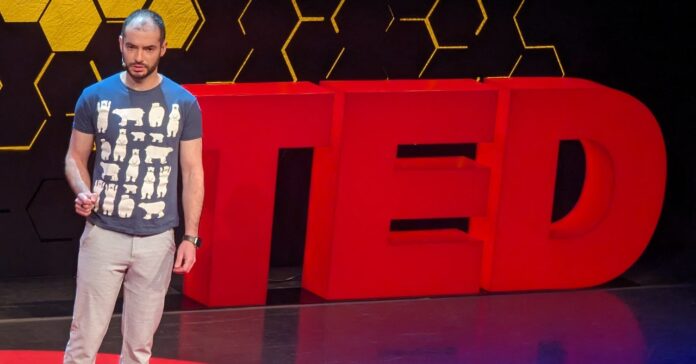In Short:
Brands rushed into the metaverse without solid plans, leading to challenges and job losses, as many chief metaverse officers pivoted to focus on AI instead. Examples include Coca-Cola’s shift to generative AI and Disney closing its metaverse division. As companies distance themselves from the metaverse, NFT sales plummet, signaling a significant change in marketing priorities toward AI.
Ball notes that the rapid pace at which brands felt compelled to engage with the metaverse, often without a well-conceived strategy or understanding of the landscape, has posed challenges to their sustainability. He remarked, “There was definitely a lot of, ‘We need to do this because everyone’s doing it,’ and ‘We need to do this because shareholders expect us to be doing it.’ There were many that overestimated the relevance of their brand in these 3D spaces.”
A Pivot to AI
As the metaverse initiatives faltered, many of the chief metaverse officers swiftly moved to reinvent their roles or faced job losses. Coca-Cola‘s Pratik Thakar transitioned from overseeing the brand’s metaverse content to becoming the company’s global generative AI lead in August 2023.
Simultaneously, Michael White, who was appointed to lead Disney’s metaverse efforts in 2022, departed shortly after the brand’s dedicated metaverse division was closed. The company subsequently announced the launch of a new AI “task force” just days later. Following Triefus’ departure from Gucci, the brand launched a collaboration with Christie’s on its first generative AI project.
Further evidence of the shift from the metaverse to AI emerged in the final quarter of 2022, as Bloomberg transcript data revealed only two mentions of the metaverse during earnings calls for S&P 500 companies. Contrastingly, in the first quarter of 2023, AI was mentioned 1,073 times in the same context.
Cathy Hackl, formerly the chief metaverse officer at consulting firm Journey, described this marketing transition from virtual branding to AI as both a shrewd business move and a classic case of technological bandwagon-jumping.
Reflecting on the rush for brands to establish a presence in the metaverse, Hackl stated, “I think we’ll look back at it as a really interesting moment in time, but maybe we all got ahead of our skis a little bit.”
Don’t Mention the “M” Word
Even Hackl, known as the “Godmother of the Metaverse,” has distanced herself from the concept by founding a “spatial computing and AI solutions company,” which notably lacks any reference to the metaverse.
The once-frequent metaverse initiatives are now conspicuously absent. For instance, Bulgari, which launched an NFT jewelry collection on Polygon’s blockchain in 2022, confirmed to WIRED that it has no plans for future collections.
UNXD, a curated NFT marketplace collaborating with brands like Dolce & Gabbana, Jacob & Co., and Valentino, is still promoting a competition for Metaverse Fashion Week 2023, alongside several “to be announced” collections that were confirmed for launch in 2022.
Interest in previously successful collections has also tapered significantly; for example, Tiffany’s NFTiffs were reported to sell for approximately $2,300 on the NFT marketplace OpenSea, marking a decline of over 95 percent from their peak prices. Similarly, the sales activity for Gucci‘s “Superplastic” NFT series on OpenSea has seen a dramatic drop in sales interest since around September 2022.





